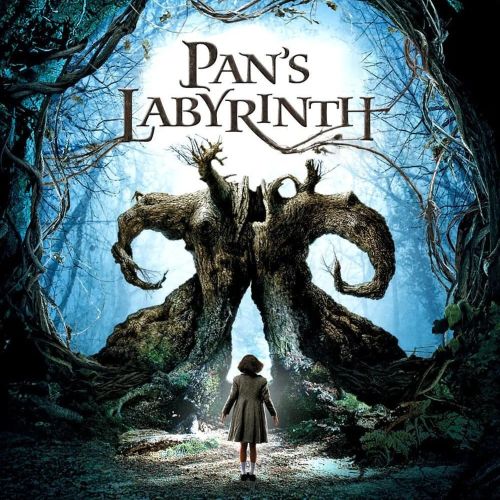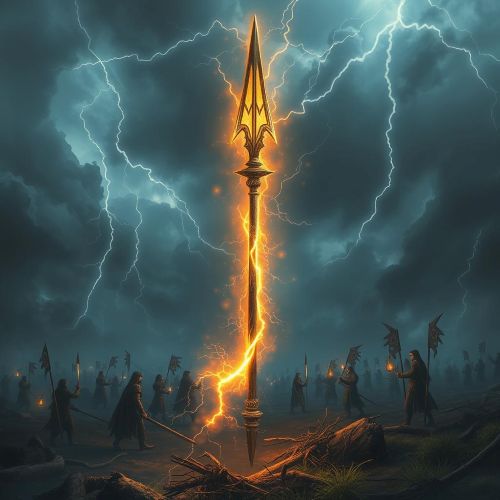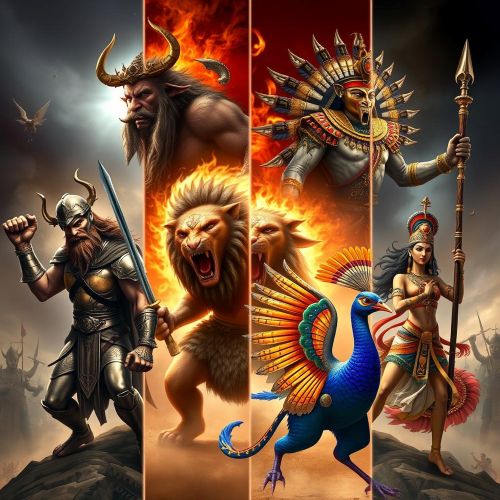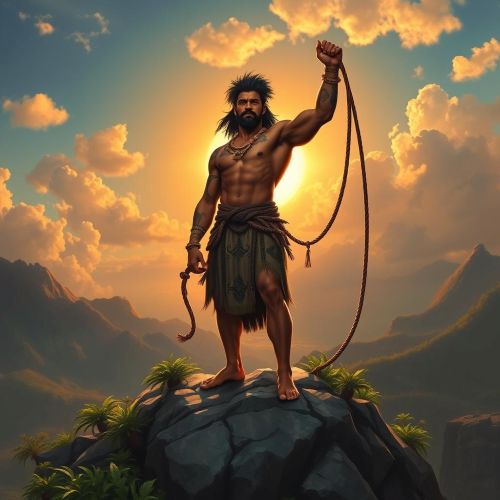How Students Can Use Ancient Myths to Understand Cultural History
Ancient myths provide valuable insights into the values, beliefs, and social structures of early cultures. Understanding these myths is crucial for studying history or anthropology, as they reveal how societies explain natural events and form identities. For students seeking additional support, services like WritePaperFor.Me offer help with mythological analysis, enhancing their understanding of cultural history. In fact, new writepaperfor.me reviews highlight the service’s effectiveness in assisting with complex mythological topics. By studying these myths, students can explore the complexities of ancient societies, from their religious beliefs to their social hierarchies, gaining a fuller understanding of how myths shape cultural identity and societal values.
1. Myths as Cultural Mirrors
Students can utilize ancient myths as powerful cultural history tools by realizing they often reflect the values, fears, and desires of the societies in which they originated. Myths offer us insight into ancient peoples’ collective psyche – Greek mythology provides evidence of this. Gods and heroes in Greek mythology embody various aspects of Greek culture such as Hercules’ pursuit of excellence or Narcissus or Icarus’ destructive hubris – providing valuable insight into their perspective of humanity as human nature; ethics as well as political systems.
Mesopotamian myths such as The Epic of Gilgamesh offer insight into early civilization’s existential concerns as represented by themes of mortality, friendship, and the search for immortality – themes that resonated strongly in an environment plagued by nature and warfare. Egyptian gods such as Osiris and Ra offer insight into Egyptian worldview: specifically their emphasis on the afterlife worshipping divine rulers to maintain cosmic order and maintain cosmic harmony. Analyzing these tales allows students to gain a better understanding of how ancient societies made sense of their environment while structuring societies and engaging philosophical questions through ancient cultures’ lived lives and engaged philosophical questions over time.
Students studying the myths and legends of different cultures can begin to appreciate how these tales not only entertained but also served as cultural guides–educating the population as to what was considered holy, acceptable, or desirable behavior.
2. Myths as Historical Context
Ancient myths provide us with a record of history that provides insights into social hierarchies, religious practices, and political systems of their time. Virgil’s Aeneid connects Rome to Troy via divine favor in an act of political propaganda; similarly, Mahabharata and Ramayana provide glimpses into ancient India’s social and political landscapes – Mahabharata includes discussions of duty (dharma) and ethics which reflect spiritual issues at play at that time – by studying these myths closely we gain greater insights into their effects upon cultural identity, social order and political ideologies of their respective societies.
3. Myths and Social Structures
Myths provide students with insight into ancient social and gender dynamics. For instance, Greek mythology features gods such as Zeus and Athena that reflect hierarchies, with rulers at the top, followed by warriors, farmers, and outcasts; Egyptian myths highlight Pharaoh as a deity while simultaneously depicting gender roles such as Athena representing wisdom war motherhood while others such as Epic of Gilgamesh depict more traditional roles for women – offering students insight into history! By comparing myths side by side they can explore how ancient cultures conceptualized gender power dynamics within societies thereby deepening their historical knowledge.
4. Myths and Religion
Religion and myth are inextricably connected, providing vital insights into ancient cultures’ beliefs about their cosmos and the divine. Specifically, studying Norse mythology’s pantheon of gods such as Odin, Thor, and Freyja reflects their reverence for war, strength, and the harshness of nature while Ragnarok –the end of the world–embodies its cyclical nature–an important concept in many ancient religious traditions.
Students studying Egyptian religion will find the story of Osiris’ resurrection an effective representation of immortality and eternal soulhood that were central elements of Egyptian religious practice. Myths held great religious meaning, shaping beliefs and rituals across society while helping individuals understand where they fit within society and providing guidance for life after death according to religious worldviews.
By studying these religious myths, students gain not only an insight into ancient beliefs but also an appreciation for how myth and religion interact with daily life, politics, and cultural identity.
5. Myths as Moral and Philosophical Lessons
Ancient myths served as valuable teachings on morality and philosophy, providing ethical frameworks to comprehend ancient cultures. Homer depicts Odysseus both admirably and imperfectly in The Odyssey, teaching lessons of perseverance, loyalty, and the dangers of pride. Meanwhile, Indian mythology’s Bhagavad Gita explores duty, morality, and individual responsibility while raising questions regarding society at large. Myths have an unparalleled power to shape global philosophical dialogue. By studying them, students can explore ancient cultures’ moral dilemmas while also uncovering contemporary ethical debates. Myths also offer invaluable insight into society’s values; shaping both ancient and contemporary cultural thought alike.






